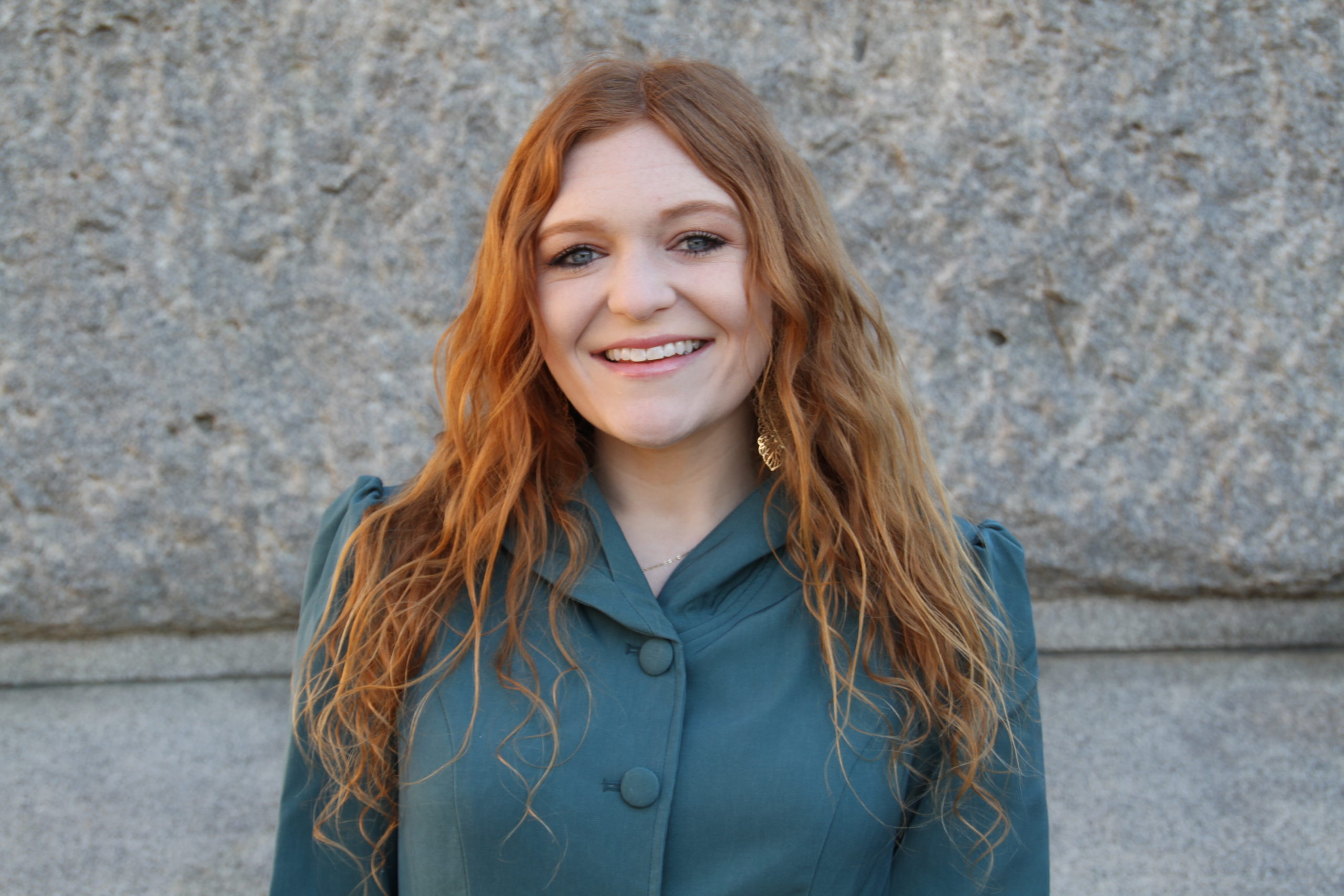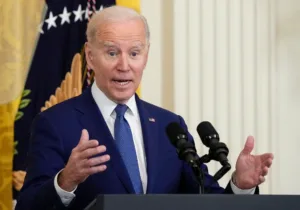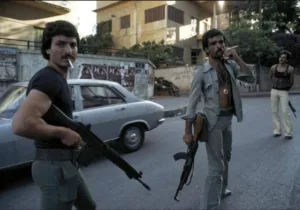Experts are calling for a US-led international conference to address the deteriorating situation in Lebanon, a diverse enclave with many Christians along the Mediterranean Sea. Among those making these pressing calls is the patriarch of the Syriac Maronite Church of Antioch, Cardinal Boutros al-Rai, who has simultaneously called for a policy of “active neutrality” to insulate the country from regional instability.
Dire conditions in Lebanon, the once beacon of democracy among Arab nations of the Middle East, intensified after the Beirut explosion last August. Newest estimates show upward of 60 percent of Lebanese citizens live below the poverty line while Hezbollah, the Iranian-backed militant group that dominates Lebanese institutions, builds up an arsenal of weapons.
Now scholars, advocates, diplomats, and clergy argue that global powers—namely the United States, France, and other European allies—must act or the region will feel ripple effects of Lebanon’s total collapse for decades. This appeal is increasingly pertinent amidst the growing influence of Turkey, Russia, and China (coupled with the hold of Iran’s proxy militant group) in the region.
The American Task Force on Lebanon (ATFL), a nonprofit organization founded by Americans of Lebanese heritage to enhance bilateral relations between the US and Lebanon, recently coined the phrase, “A full collapse [of Lebanon] would take two weeks to unfold but decades to repair.”
Late last month, ATFL released a policy paper outlining six key steps for targeted US diplomacy to Lebanon. The first of these six steps calls for the “empowerment of a new high level international contact group to coordinate an international diplomatic initiative to produce constructive action by Lebanon’s parliament and state officials this spring.” According to ATFL, the State Department should lead this coordinated effort.
Such a conference should “impose costs and offer incentives for Lebanon’s leaders to quickly put in place a credible and capable government, empowered to undertake reforms… engage in immediate talks with the IMF and international community for an urgently needed rescue package, and steer Lebanon toward socio-economic recovery.”
In Defense of Christians (IDC), another nonprofit advocacy group trying to prevent Lebanon’s collapse, hosted a roundtable discussion on the subject on April 9. During the briefing, multiple expert panelists highlighted the idea of an immediate US-led international conference on Lebanon as a necessary measure to save the country from total disintegration.
Bishop Peter Karam of the Maronite Church reaffirmed Cardinal Rai’s support for such an international summit. “We want the international community, especially the United States, to help this call for a summit at the UN and on the UN Security Council,” Karam proclaimed.
He further explained why the United States specifically should lead this charge in the international community. “The international conference should be led by the United States. It should be led by countries that believe in democracy, believe in pluralism, and believe in the role of Christians in the Middle East, especially in Lebanon,” emphasized the Maronite bishop.
Meanwhile, Ambassador Ed Gabriel, president of the American Task Force on Lebanon, expanded upon his organization’s aforementioned policy proposal. In addition to the solid diplomatic effort needed by the US, France, and perhaps the Gulf States and European nations generally to lead the international conference, Gabriel called for immediate increased humanitarian assistance to Lebanon.
Philos Project President Robert Nicholson underscored the geostrategic importance of Lebanon, a neighbor of both Israel and Syria, amidst the growing influence of Russia, China, Iran, and Turkey in the region.
“It’s not a question of someone from the outside coming in and figuring things out. It’s really a question of who. And I think we all on this call would prefer for it to be the US and its allies,” asserted Nicholson.
Nicholson recently coauthored an article in The National Interest with Toufic Baaklini, president of IDC, titled “Lebanon Can Be Saved, But America Must Act Now.” To prevent Lebanon’s imminent collapse, the article says the US should increase humanitarian aid directly to the Lebanese people, support the Lebanese Armed Forces (the country’s only functioning institution in the country), and with France lead a UN international summit.
Ambassador Alberto Fernandez, vice president of the Middle East Media Research Institute, stressed the need for diplomats to break out of the state formation paradigm. Instead, they should empower Lebanese civil society, and the international conference must be coupled with functioning civil society institutions.
“Yes, the state has a role to play, but we need more of the Lebanese people,” stated Fernandez. As Patriarch Rai has already expressed his support for the international conference and partnered with the West before, Fernandez believes equipping the church is a feasible starting place.
“One thing the West can do is empower the patriarch directly, in a way that’s accepted by the Lebanese people,” he contended.
Bishop Karam echoed this belief, stating, “It’s not only external forces but also internally. You need to have at least some kind of consensus within Lebanon.”
Clearly, the United States has viable options to pursue to prevent the collapse of this once vibrant Middle East democracy—and the Lebanese, especially Lebanese Christians, are pleading for such help.
It’s now up to the Biden administration to decide if it will work with US allies to save the Middle East’s “last bastion of Christianity” or let it fall into the hands of Iran, Turkey, Russia, and China.
In the words of Ambassador Gabriel: “We now have America’s attention. The question is does America have the willpower… we’re going to know in the next couple of weeks.”






